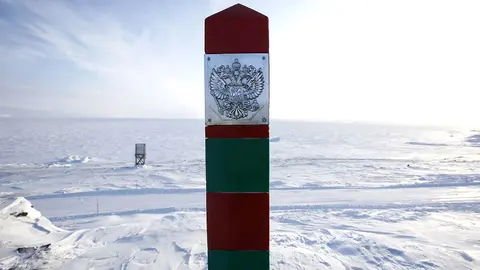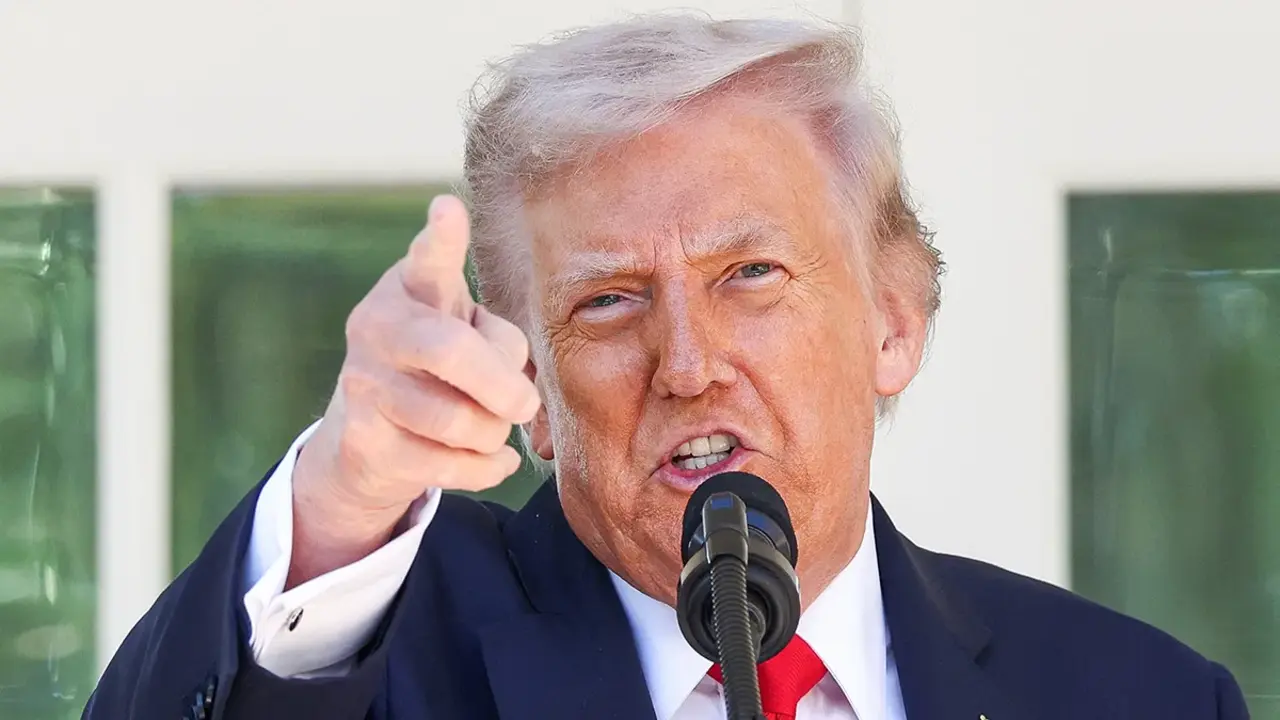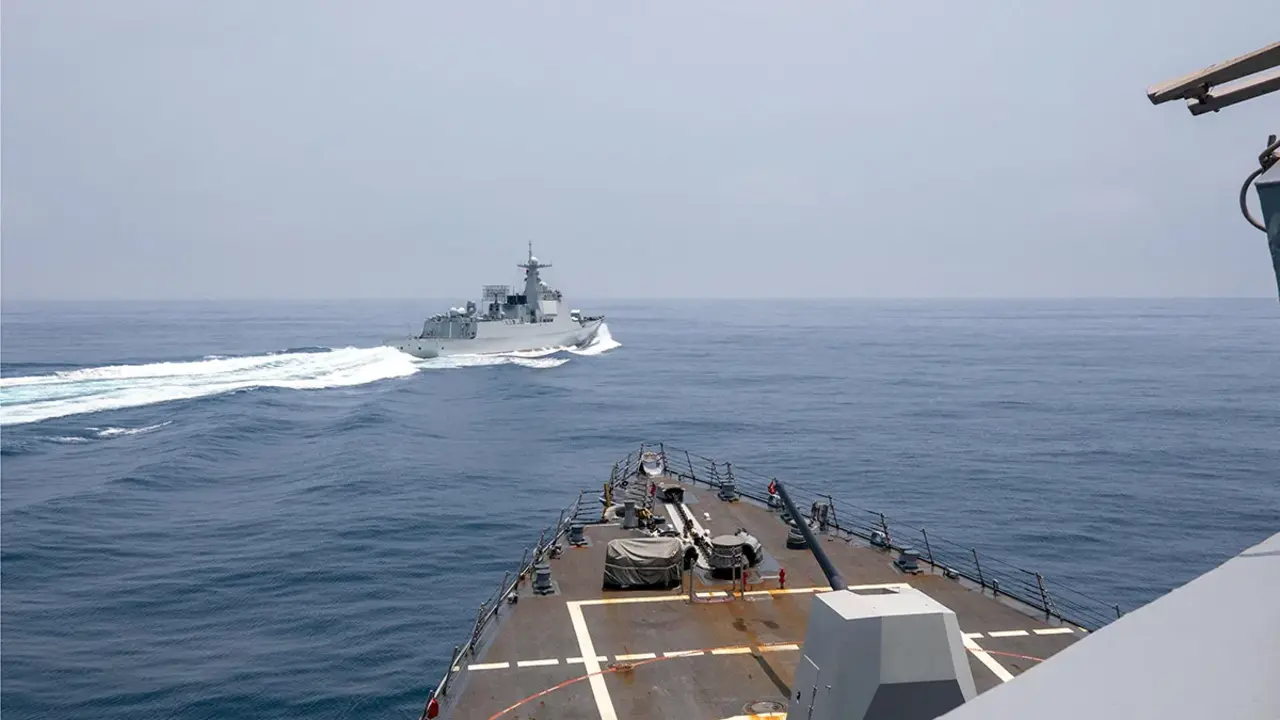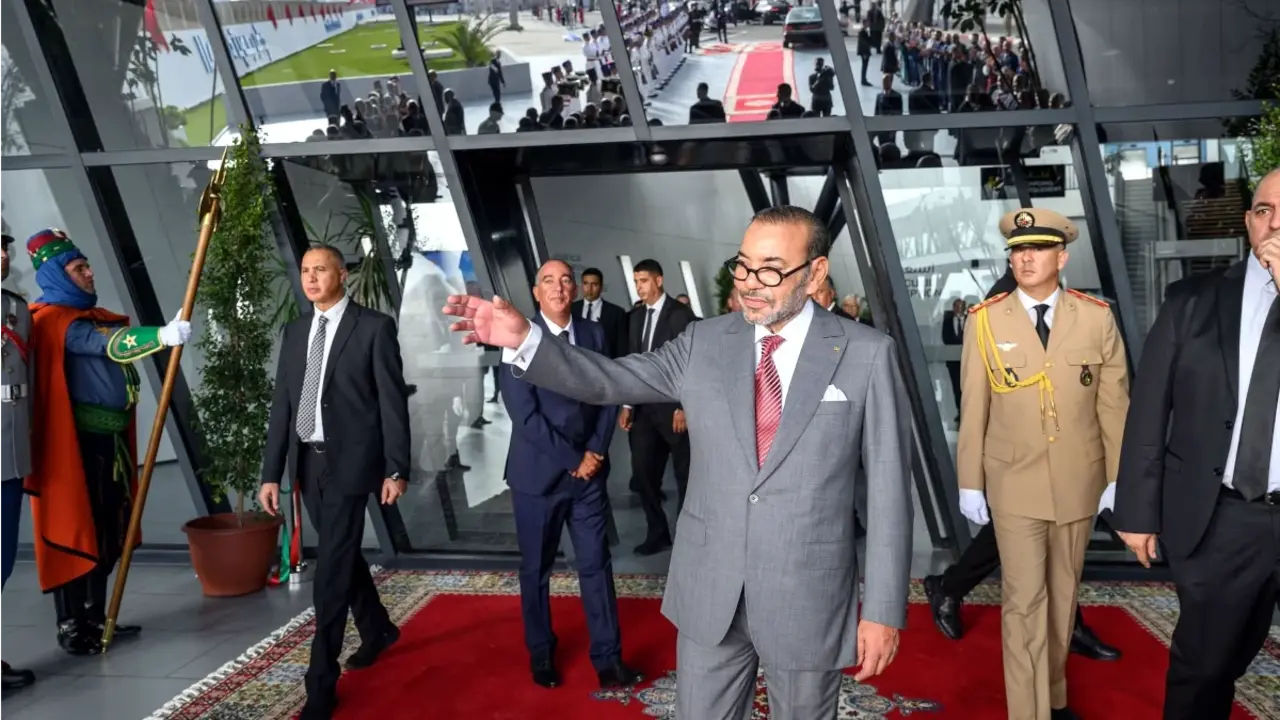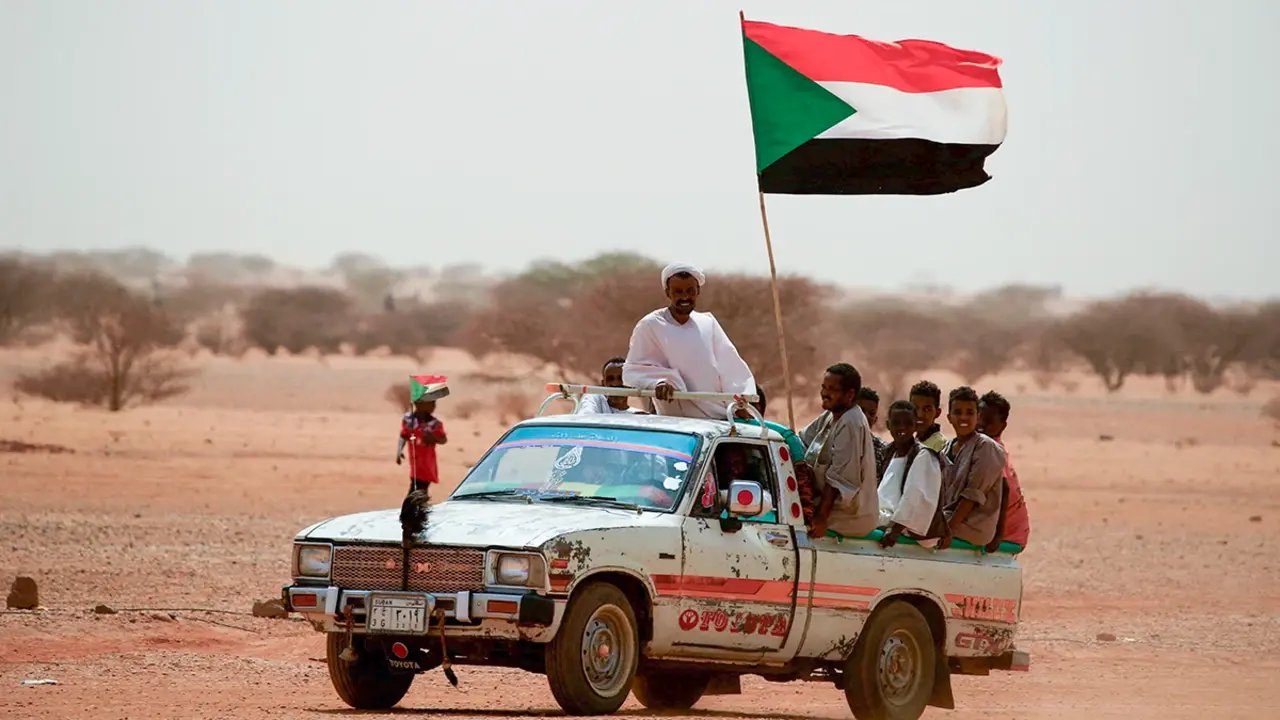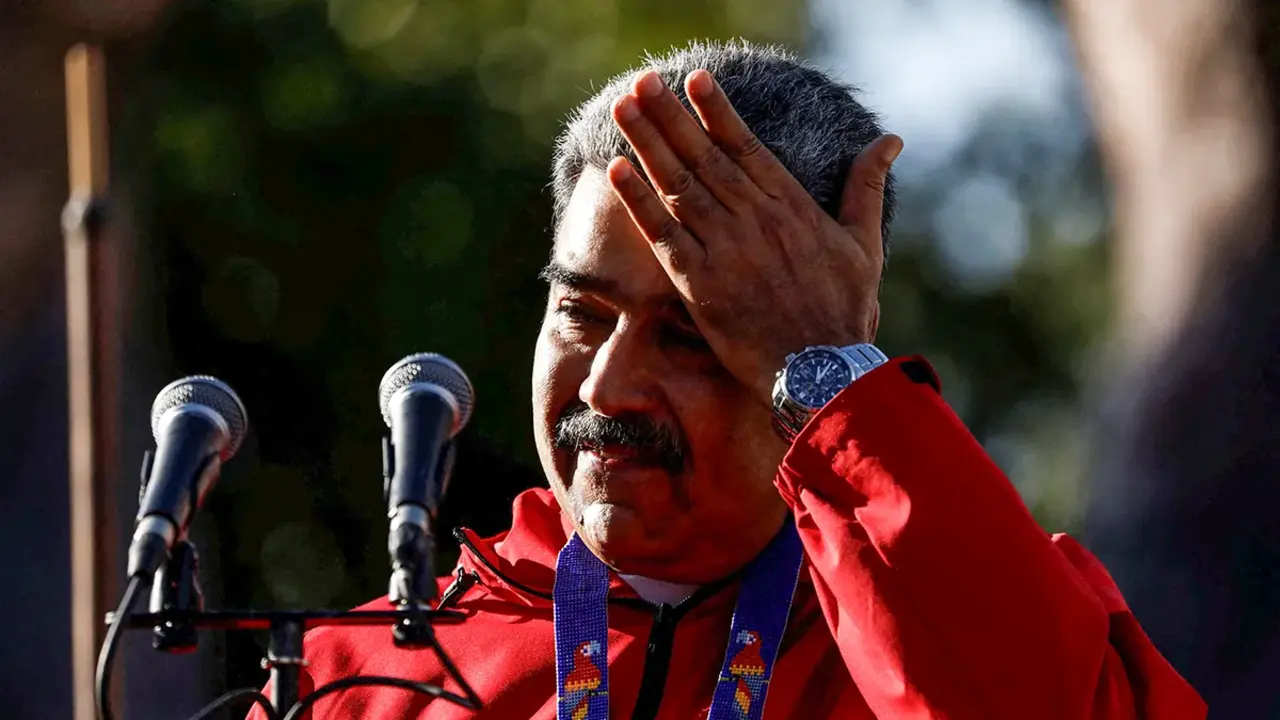Arctic geopolitics (II)
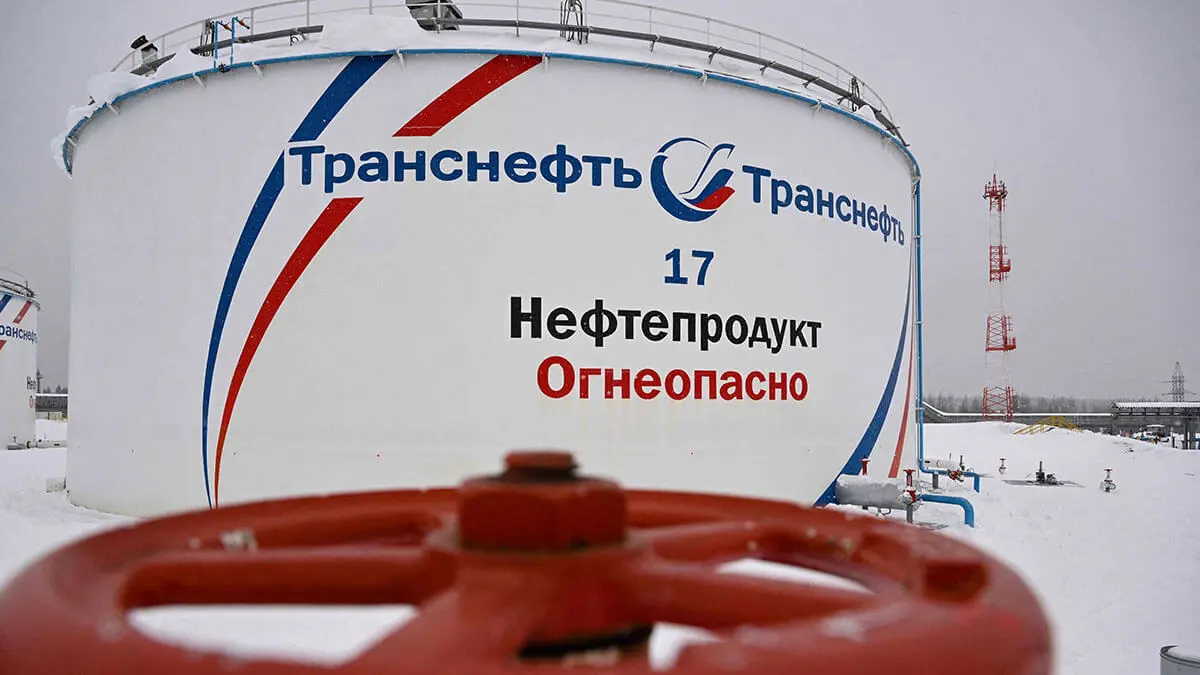
As we saw last week, Russia's invasion of Ukraine in 2022 has drastically altered the relationship with the West, and this new situation has an obvious impact on the Arctic region, raising questions about what China's 'neutral' stance on the West-Russia axis and the US-China rivalry mean. In addition, other actors such as the EU and India are increasingly interested in the region because of its future importance. Everyone wants to position themselves and no one wants to be left behind. Tension in the North is mainly attributed to the spillover effects of power struggles between different powers in other parts of the world and to developments outside the Arctic, but which continue to influence regional dynamics.
Actors' approach to the Arctic appears to be influenced not only by the geopolitical changes resulting from Russian aggression, but also by China's growing global importance, which inevitably has regional repercussions in the Arctic.
What can be termed 'Arctic relations' are based on a broader dynamic between Russia and the 'West'. Russia's invasion of Ukraine in 2022 has dramatically altered the relationship with the West, leading among other things to the accession of Finland and Sweden to NATO, thus expanding the Alliance to seven of the eight Arctic countries.
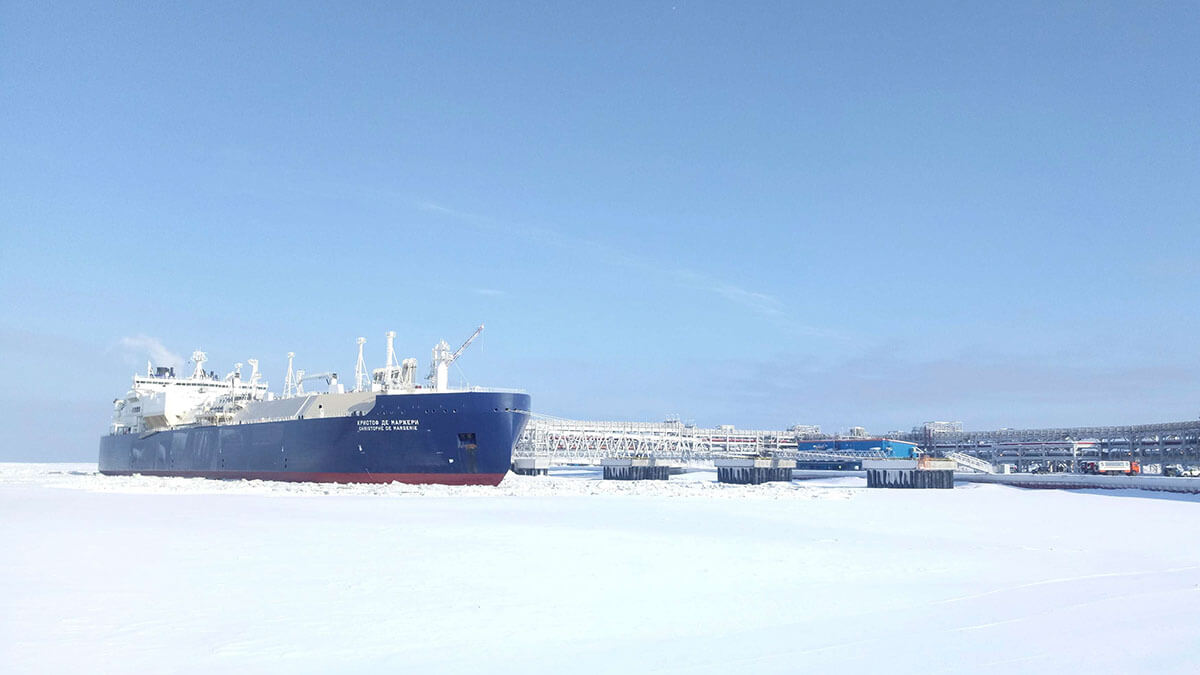
However, it cannot be denied that this rift between Russia and the West was already evident before 2022, manifesting itself regionally through military presence and exercises, blunt rhetoric and instances of provocation and alleged sabotage. In addition, questions are being raised about what China's 'neutral' stance in the Western-Russia axis and its rivalry with the US means for the Arctic, while other actors, such as the EU and also India, especially with its Arctic policy after 2022, are increasingly showing interest not only in the scientific and economic dimensions of Arctic development, but also in the geopolitical ones.
International traffic along the Northern Sea Route (NSR) has always been marginal, but in 2022, due to the uncertainty caused by the sanctions imposed on Russia, it came to an almost complete halt. In 2023 it was also extremely insignificant, but a new Chinese company came on the scene and started a small-scale container route. The total volume in 2023 was approximately around 37 million tonnes, consisting mainly of LNG and oil shipments. However, still a far cry from Russia's pre-war aspirations.
The increased reliance on the NSR for oil transport can be seen as a result of the new geopolitical reality. Oil previously destined for Western markets from Arctic fields such as Novy Port, Varandey and Prirazlomnoye has been diverted to Asia via the NSR. Russia has also shipped tankers with crude from Baltic Sea terminals via the NSR. According to the Kommersant newspaper, 1.5 million tonnes of oil were shipped to China via the NSR in 2023.
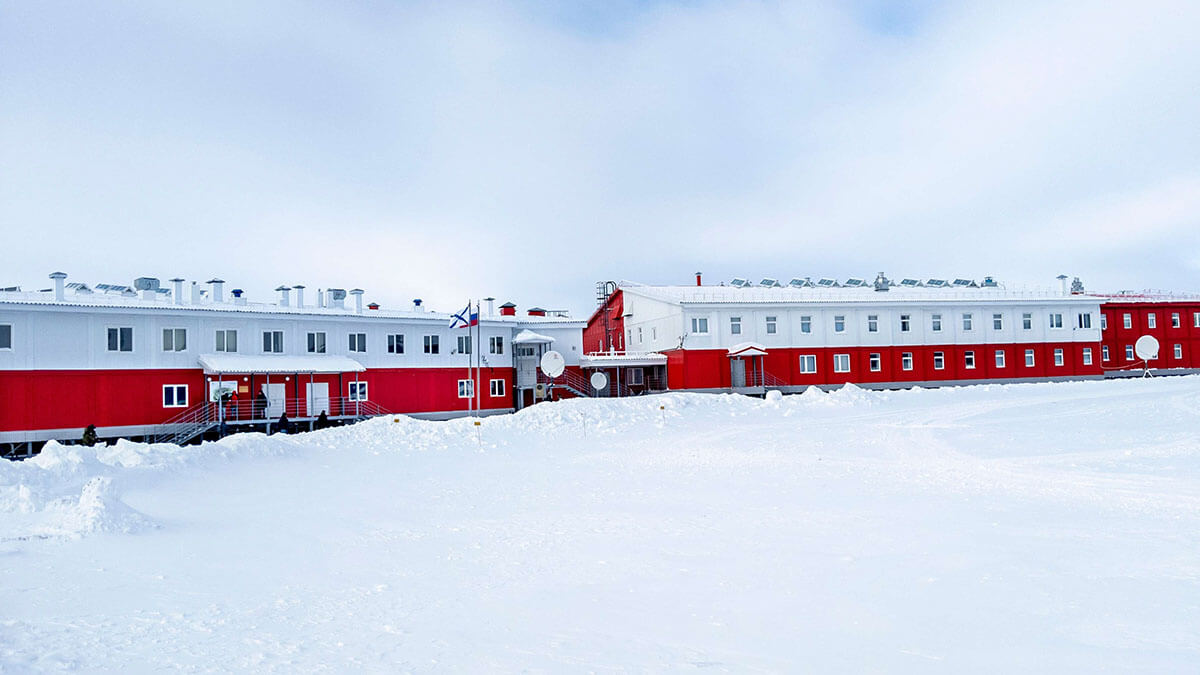
The transport of oil is subject to the rules of the IMO Polar Code. Russia's use of unseaworthy vessels for part of this transport, which has become an essential activity to sustain the war effort, is increasing markedly, and is causing particular concern among environmental groups.
China is increasingly seen as the solution to the problems arising from Russia's drift away from Western markets. Russia's partnership with China was already high on the agenda after the 'turn to the East' that followed the annexation of Crimea in 2014. Here it is important to note that the current situation is not something that has been brewing for two or three years. Russia's evolution and the steps it has taken since 2014 clearly indicated a collision course with the West, but despite this rapprochement with China, Russia remained largely sceptical of Chinese intentions in the Arctic, a region it has always considered within its exclusive sphere of influence. After February 2022, Russia, needing to find a way to make up for the shortcomings caused by sanctions, placed even more emphasis on strengthening its relationship with Beijing, expressing its desire to intensify cooperation with China through initiatives such as the creation of a 'joint working body for the Northern Maritime Route'. This, which might not appear to have much significance, represents a significant geopolitical shift for Russia, which traditionally defines control of the Northern Sea Route as its national prerogative, and the change reflects Russia's growing confidence in China as its strategic partner in the Arctic region as well - a confidence, it must be said, largely dictated by the reality of the situation.
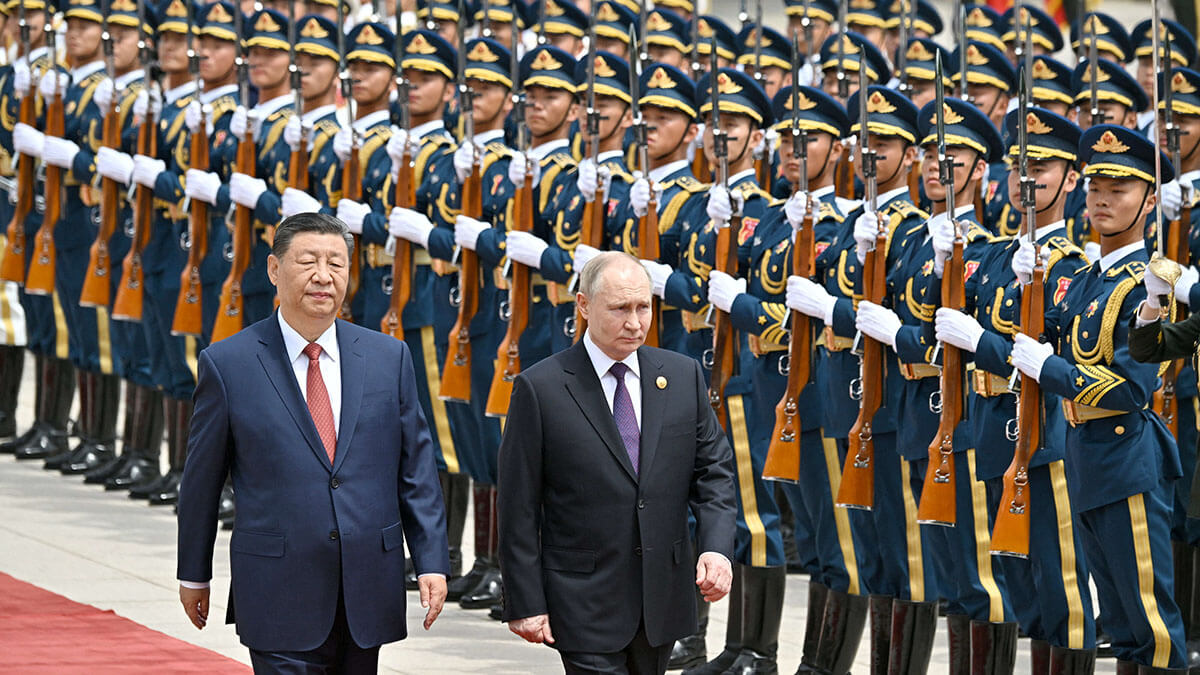
Despite the lack of official recognition of the changes in Russia's geopolitical environment as a result of its war against Ukraine, Russia's Arctic strategy has undergone significant adjustments. First, Russian hydrocarbon exports have been partially diverted to Asian markets. Secondly, the need to maintain and increase the flow of crude oil, which along with gas is paying for the cost of the war, has led to more environmentally risky projects in the Russian Arctic. Third, Russia has been forced to allow China to play a greater role in the Arctic, something that in the medium term will have a major impact on global geopolitics. Once again we see the value to China of a war-weakened Russia, which is not the same as a defeated Russia.
In the long term, progress in Russia's Arctic development depends on cooperation either with Western countries or with China. It is a reality, both technologically and financially, that conditions Russian aspirations. After the outbreak of the war, there was speculation that Russia might withdraw from the Arctic Council following the suspension of cooperation with Russia by Western members in March 2022. The possibility of creating alternative forums was on the table, but in the end Russia decided to stay, although new arrangements for its participation are still unclear. In its own interests, Russia today has nothing to lose and perhaps something to gain from participation in multilateral fora. However, albeit with rather symbolic consequences, Russia formally withdrew from the Barents Council, putting the final nail in the coffin of a cooperative initiative promoted by Norway since its inception in the early 1990s.
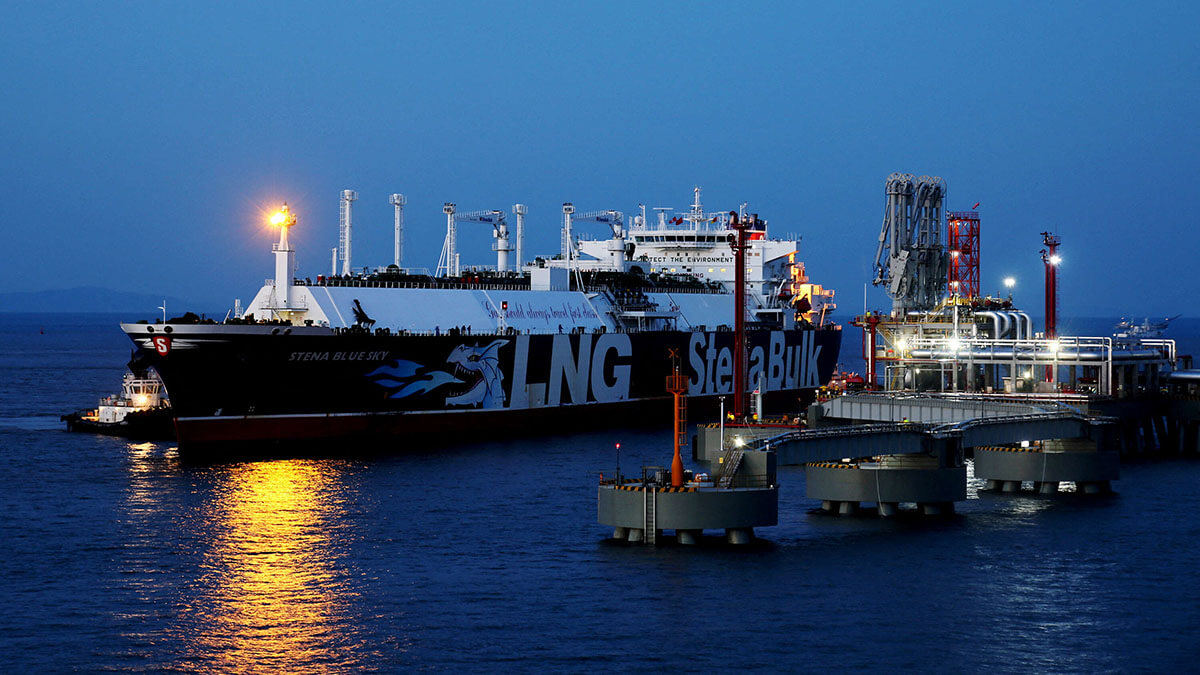
While tensions between Russia and NATO in Europe are very high, paradoxically Russia's military activity in the Arctic has been reduced, largely because a significant part of the Kola Peninsula's ground forces were deployed to Ukraine. But this should not be misleading, despite the huge losses in personnel and materiel that are forcing Russia to draw resources from other regions. This does not mean that Russia is no longer looking north, but rather that it is aware that the game there will be played out in the medium term. It should also be mentioned that both Russian and Western naval operations in the European Arctic have been more restrained, but this should be understood as a manoeuvre similar to those implemented in other areas by both sides, the main purpose of which is to avoid incidents. No one wants to start an escalation because of a miscalculation. Strategically, Russia has been forced to reassess its position with Finland and Sweden in NATO and the possibility of a US military presence near its borders, which is paradoxical given the goals set at the beginning of the invasion of Ukraine (to move NATO's borders away from Russian territory).
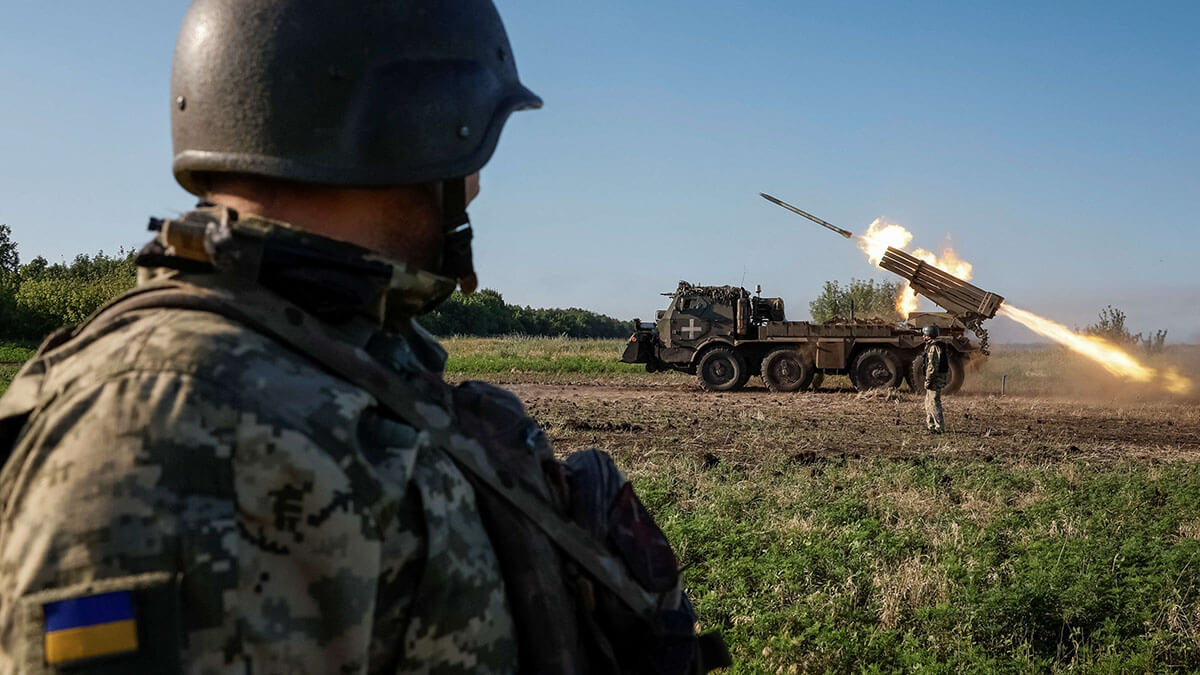
But delving further into China's role, it is important to note the agreement on cooperation between Russian and Chinese coastguards signed in Murmansk, which, although it has no immediate military significance, is probably intended to signal that military cooperation in the Arctic between the two countries is not ruled out. This is a very powerful message to the international community and an element of concern and, almost certainly, an increase in tension between China and the US, beyond the Pacific region.
In its 2018 Arctic White Paper, China sees itself as a "near-Arctic state", whose policy objectives in the region are to "understand, protect, develop and participate in Arctic governance, so as to safeguard the common interests of all countries and the international community in the region and promote the sustainable development of the region". China's activities in the Arctic are mainly driven by climate change research interests, economic interests, the import of oil and energy products, and the use of natural resources and Arctic sea routes.
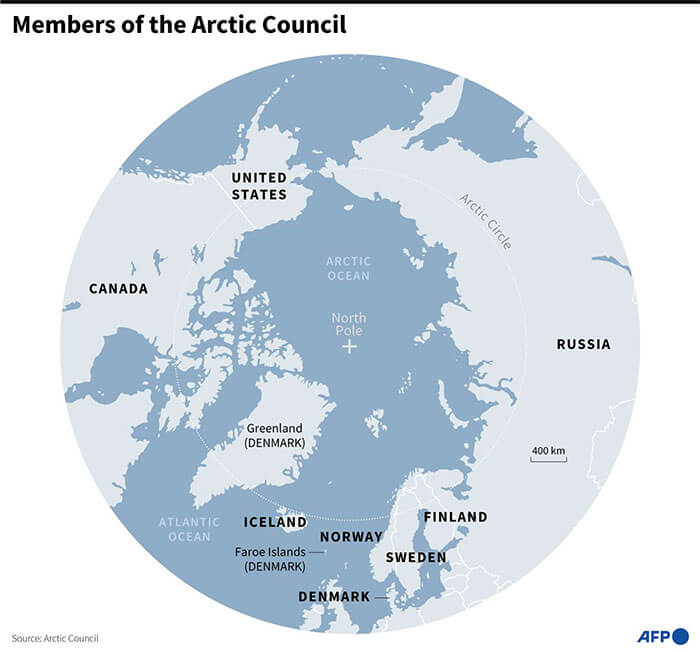
The document outlining China's Arctic strategy makes it clear that NSR is a priority objective for Beijing: "China hopes to work with all parties to build a 'Polar Silk Road' through the development of Arctic sea routes. It encourages its companies to participate in the construction of infrastructure for these routes and to conduct trial commercial voyages in accordance with the law to pave the way for their commercial and regularised exploitation. China attaches great importance to the safety of navigation in the Arctic sea lanes. [...] China calls for greater international cooperation in the construction of infrastructure and the exploitation of Arctic routes".
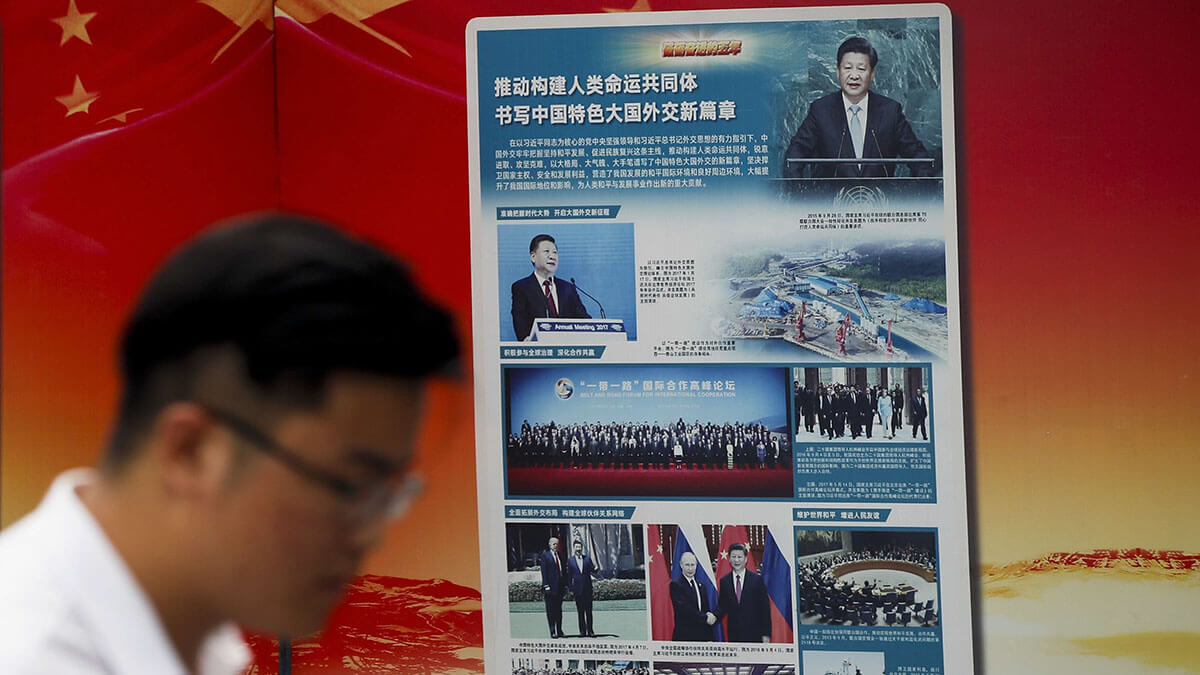
It is clear from the above that the Arctic region is set to be the scene of new geopolitical tensions, as the economic, energy and commercial interests of the world's major powers converge here. We can also identify it as the showcase where China's movements and positioning vis-à-vis Russia can be best observed, a relationship that is becoming less and less "on equal terms" and where the balance is increasingly tipping in favour of the Asian giant.


